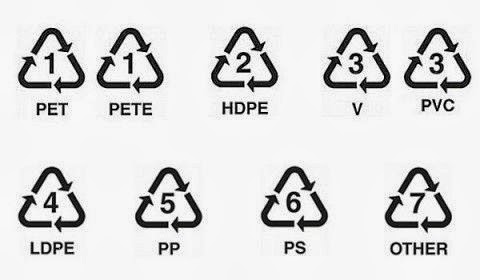AI Skills:
- A Complete Beginners Guide to Regular Expressions in R (Regenerative).
- Probability - Math for Machine Learning. Weights and Biases has put together a YouTube series to teach people the math needed for ML. This is their third video, and it covers probability. It's a nice primer series (Watch the video).
- Advanced Econometrics 2: Foundations of Machine Learning. Slides and syllabus for Max Kasy’s machine learning course (Personal GitHub site)
- Modelling Economic Interventions to Fight Covid-19. How can policymakers use data science principles to understand the effects of economic interventions into a covid economy? IBM's Alvaro Corrales Cano shows the analytical foundation to answering that question using some familiar tools and unfamiliar principles (Medium).
Research:
- Peeking into AI’s ‘Black Box’ Brain - With Physics. Cats aren’t dogs. Even modern AI knows that. But how exactly AI distinguishes cat images from those of dogs is not clear. Standard neural networks are akin to a black box, as even the people who program them often have little to no idea how they make decisions (IBM Research Blog).
- Towards Socially Responsible AI: Cognitive Bias-Aware Multi-Objective Learning. The prevalent existence of cognitive biases in large volumes of historical data can pose a threat of being manifested as unethical and seemingly inhumane predictions as outputs of AI systems trained on such data. To alleviate this problem, we propose a bias-aware multi-objective learning framework which has been shown to reduce such biases in the predicted emotions (arXiv).
- Answering the Queen: Machine learning and financial crises. Financial crises cause economic, social and political havoc. Macroprudential policies are gaining traction but are still severely under-researched compared to monetary policy and fiscal policy. We use the general framework of sequential predictions also called online machine learning to forecast crises out-of-sample. Our methodology is based on model averaging and is "meta-statistic" since we can incorporate any predictive model of crises in our set of experts and test its ability to add information. We are able to predict systemic financial crises twelve quarters ahead out-of-sample with high signal-to-noise ratio in most cases. We analyse which experts provide the most information for our predictions at each point in time and for each country, allowing us to gain some insights into economic mechanisms underlying the building of risk in economies (BIS).
Tools & Libraries:
- Analytics extensions are now available in Tableau Online (Tableau).
- Deploy & Scale Pre-trained NLP Models in Minutes with Watson Machine Learning & Hugging Face Transformers. In this blog post, will show you how you can access the latest pre-trained open source NLP models, and deploy them in a couple lines of code in Watson Machine Learning, both on Cloud or on-premise (Medium).
Feel free to follow me on
Twitter



Comentarios